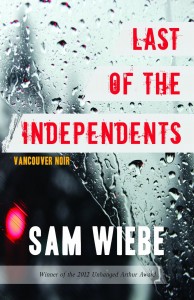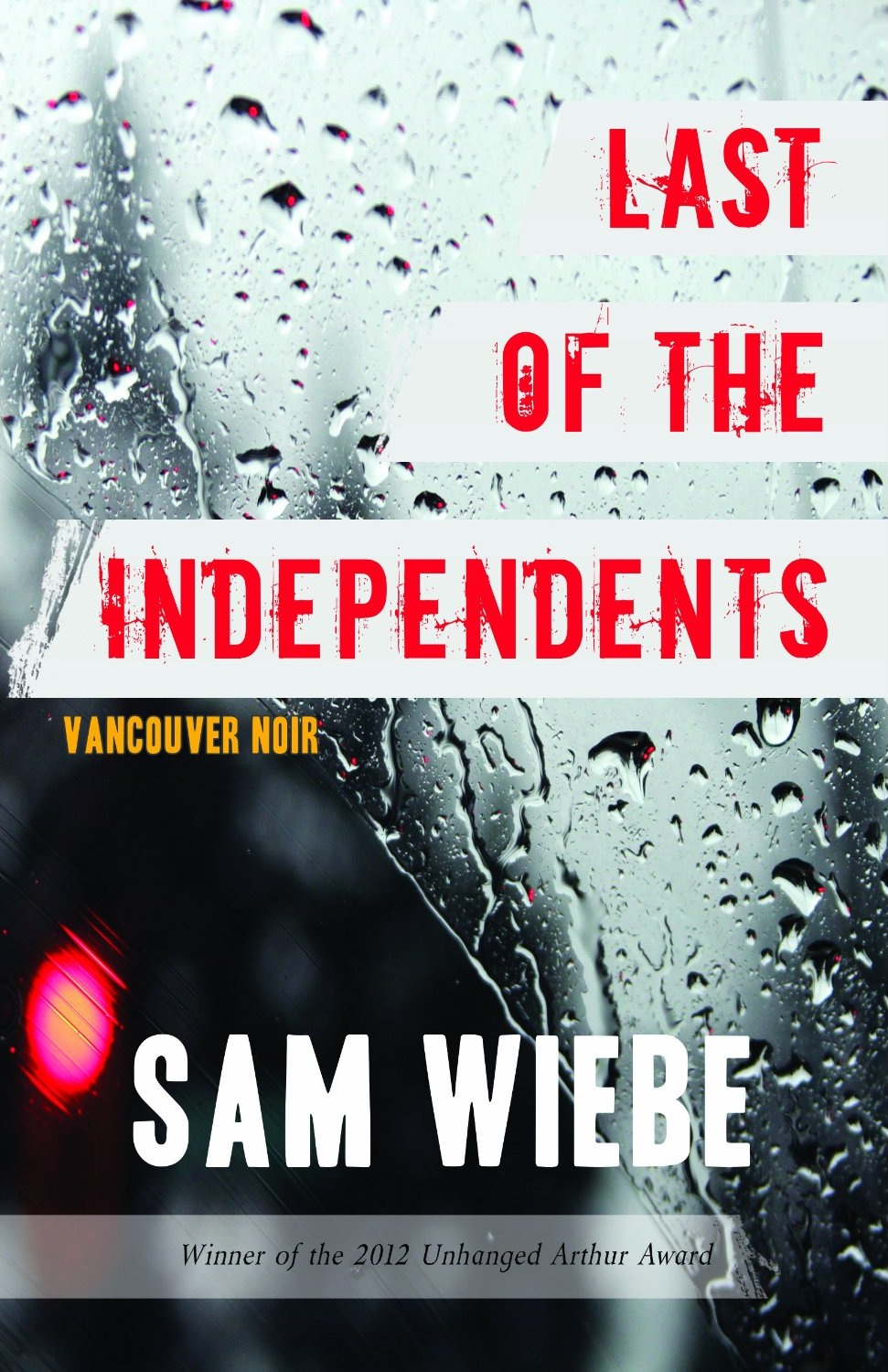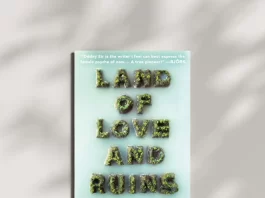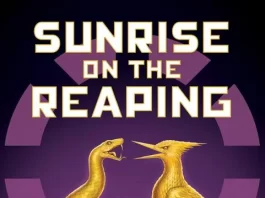By Anthony Biondi (The Cascade) – Email
Print Edition: January 7, 2015

It’s surprising to me how few people I know have read the works of Raymond Chandler. He is one of the American mystery greats. For those that read him, he is a touchstone for a genre that has become somewhat old-hat, even if most of his novels were published in the late ‘30s to late ‘50s. He wrote convoluted plots, well-developed characters, and coined some of the best wit and dialogue to date. He has become something of a point of reference in the mystery world.
When I first opened Last of the Independents by Sam Wiebe on my Kindle, I was greeted with a Chandler epigraph: “It is the struggle of all fundamentally honest men to make a decent living in a corrupt society.” This, coupled with a direct comparison to Chandler in one of the accolades on the cover, told me that the author was striving for something very Chandler in his work. So, everything I read in his novel I read through the eyes of Chandler’s writing.
Last of the Independents is about a 29-year-old P.I. by the name of Michael Drayton. He is a sour young man who lives with his grandmother and keeps company with a rag-tag bunch: a young female secretary and a young man that likes to hang around his office. When the story opens, he is taking on a case to find out who has been sexually abusing corpses at a morgue. It quickly builds up other cases, including the young man’s missing sister, all of which build the background to the case that is the centre of the story: Mike Drayton has to find the missing son of a junk seller.
To paraphrase Chandler, the character of the detective is one that seems to be apart from the world. He is unchanged throughout by the events of the story, and by the end he is the same as the beginning. However, Wiebe breathes a different sort of life into his characters. Michael Drayton is very clearly human from the get-go. His dialogue is rarely cold, and only occasionally witty. He displays all the wants and needs of a normal human being, and even breaks his elbow in a simple, off-beat scuffle.
When placed beside Chandler’s character Marlowe, the two appear as polar opposites, at least in attitude. Drayton felt rather soft-boiled at points throughout the novel. But by the end, I really felt that Drayton had grown into something, and that something made me question the entirety of his character. However, Wiebe’s characters and character arcs were fresh and surprising. Though they differed from Chandler’s ideas of the American private eye, Wiebe seems to be creating something more Canadian. He calls it Vancouver noir, but I would like to think of his characters as being in more of a Canadian noir.
One thing that Wiebe excels in is his narrative description. If one thing could be considered Chandleresque in this novel, it would be his detective’s view of the world. Not only did the novel’s setting feel like modern-day Vancouver by the language alone, it also felt lived in by the character whose eyes we were seeing it through. The descriptions were lively and harsh, very materialistic, very real.
I think one of my only complaints about the novel was the need to cram in so much of the candidness of Drayton’s life. At points it took away from the mystery, and dragged out certain threads. In a way, the novel became more about the detective than it did about the problem. Which is not necessarily a bad thing, but — especially with the romantic arc — it felt a little drawn-out and unresolved. There was a moment where the love story was meant to tie back into the overall mystery, but fell a little short. In the end, all of the threads that Wiebe draws on, with several cases and character dramas, only work in some occasions. At points they strengthen one another; at others, they appear to dilute.
Overall, I would like to praise Sam Wiebe’s Vancouver noir. Despite some fluff, it was a very enjoyable and humanistic take on the detective noir genre. Even without the constant comparison to Chandler, the genre great, I feel it could stand on its own. I hear that he wants to write more Michael Drayton novels, and if this is true, I look forward to reading them. Perhaps Wiebe could truly coin the Canadian noir detective genre.




